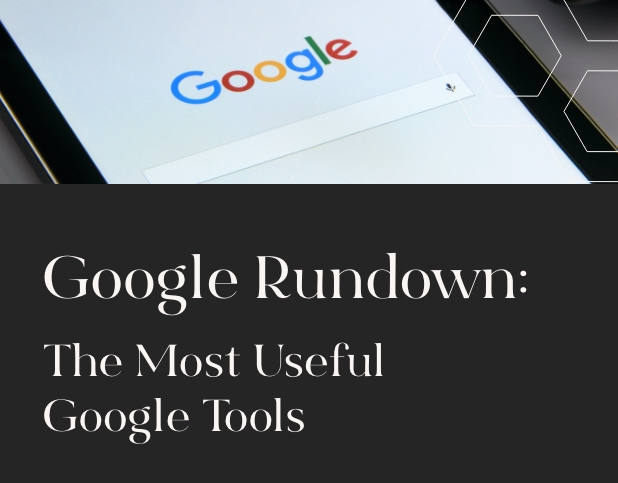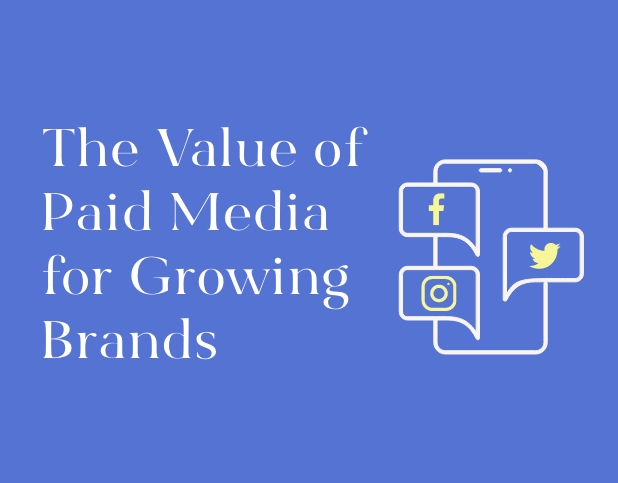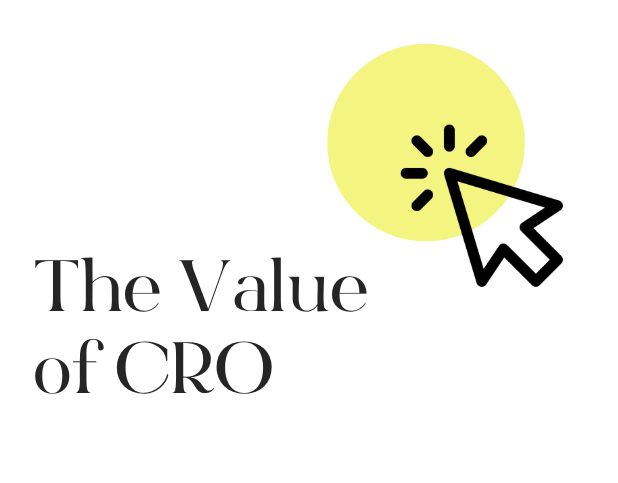Google provides a suite of free tools to help businesses of all sizes learn and grow. From Google Analytics to Google Tag Manager, the products and tools Google provides range far and wide to help businesses make the most of the web. With so many different tools available, it can be overwhelming for a new brand to understand what the tools are, which are right for their business, how they work and who should manage them. In this blog, we’ll provide a high-level walkthrough of a few foundational and impactful tools Google offers.
Google My Business
Google My Business is an easy first step to managing your business presence online. Through Google My Business, companies can build a business profile making it easy to stand out on Google searches. It is important to keep your Google My Business profile up to date to help with SEO ranking. It is also an effective way to actively communicate with customers. It provides an open forum where customers can leave reviews about their experience with your business, and provides an opportunity for you to reengage with customers or answer questions!
This tool is ideal for small businesses that are serving a specific area, like restaurant chains or businesses with a storefront. If your business does not have a storefront or a corporate address, creating a Google business profile may not be the right fit because it may make your business look illegitimate.
Google Analytics
Google Analytics is an essential tool for most businesses, and especially helpful for eCommerce brands. This tool collects intelligent data from your website visitors to help businesses analyze and measure website performance and user behavior. Google Analytics has the ability to package the data and create custom reports to simplify the information.
It can be used by anyone in the business, usually marketers, who want more insight about the customers visiting their site and to understand if their content is performing well. It can track a full user experience from entering your site through making a purchase. There are different KPIs a business can look at to understand how their website is performing – this blog provides a walkthrough of the key metrics you’ll want to look into.
Google Search Console
Similar to Google Analytics, Google Search Console is a free tool that collects customer search information, website traffic data and develops reports. What is the difference? While Google Analytics tracks how users visit and interact with your website, Google Search Console is search-engine focused and provides insights to improve your site and search results. Google Search Console can alert businesses about any issues that need to be fixed on their website. Google Search Console helps website developers and SEO experts understand how a website is performing and how to optimize and enhance the site.
Google Tag Manager
Google Tag Manager is the system where marketers can become pseudo website developers! Through Google Tag Manager, businesses easily can implement tags and code snippets on the backend of their website. Many platform and plugin integrations require a snippet of code to be added to your website pages to communicate and track properly (ex. Loyalty programs, email marketing platforms, and many other WordPress plugin or Shopify plugin integrations)
As businesses grow, they often add or switch the tools and platforms they use causing different snippets of code to be added, removed, or edited. Google Tag Manager allows marketers to easily place and organize tags instead of needing knowledge of CSS and backend coding on the website.
Google Ads
Google Ads is Google’s advertising platform that allows businesses to place ads on Google’s search engine platform, maps, and partner sites. Through a pay-per-click business model, advertisers are able to target users based on their interests and search queries. Businesses bid on the keywords or phrases used when customers are searching, they are broken up into branded, non-branded, and competitor keywords. Google Ads are usually managed by paid media experts that can monitor and optimize paid campaigns. Understanding when to launch paid media is different for every company, and Google Ads allows you to customize the campaigns to your goals, budget, and target customers.
We don’t want to bore you walking through every Google tool we love… unless you get as excited as we do talking about the tools businesses can use to grow online! If used correctly and to their full potential, these tools can help take your website and business to the next level. Understanding how to implement these tools, how best to utilize each, develop the reports, and analyze the data is critical for the tools to help rather than hinder your digital strategy. It is a daunting initiative to take on if you are unfamiliar with website strategy and working with Google tools – we’d love to help take that burden off your plate!
BuzzShift has years of experience working with Google Tools, and through reporting and insights, we can build a successful partnership. Our team will take the time to analyze the data and reports to develop critical insights and recommendations. If you’re interested in learning more about how our experts can help you with this critical step in building your digital strategy, reach out to our team today!
About BuzzShift
BuzzShift is a digital growth strategy agency with a focus on mid-market, scaling, purpose-driven DTC Brands. By combining the ideologies of branding, performance marketing, and retention agency, we are able to create memorable experiences with measurable results, and build long-term success for our clients with scalable, sustainable growth. Learn more about BuzzShift.







